Friendships in Your 20s: Why They’re Harder and How to Nurture Them
Friendships in your 20s don’t come as easily as they used to. Between shifting priorities, busy schedules, and evolving identities, maintaining real connections gets trickier and making new ones can feel awkward or forced. But you're not alone in feeling that. Here's why it happens, and what you can do about it.
Why It’s Harder Now
First, everyone’s on different paths. Some friends are climbing the career ladder, others are getting married, traveling, or juggling student debt and side hustles. The built-in structure of school is gone, and that means you actually have to try to stay close.
Second, your values change. You might realize that certain friendships were based on proximity or convenience, not genuine connection. That doesn’t mean those friendships were fake, it just means you’re growing. And yes, sometimes that growth means growing apart.
Last, we’re all exhausted. Work, life, and the endless stream of adulting leave little time or energy for spontaneous hangouts. Friendship becomes something you have to schedule, like a dentist appointment.
How to Keep Friendships Alive
Be intentional. Reach out first. Put time on the calendar, even if it’s just for a quick check-in. Friendship in your 20s isn’t about constant contact, it’s about consistent effort. Let go of the idea that “real” friends talk every day. Adult friendships often survive on low-maintenance love: texts every few weeks, the occasional voice note, and the understanding that you're still there for each other, even when life is loud.
How to Make New Friends
You’re never too old to make new friends, you just have to practice. Join something: a sports league, book club, art class, whatever. Be the one who follows up. Invite someone out. Yes, it might feel weird at first. Do it anyway. And when you meet someone new, skip the surface stuff when you can. Vulnerability builds connection faster than small talk ever will.
The Bottom Line
Friendship in your 20s takes work. But it’s worth it. Be open, be intentional, and be the kind of friend you wish you had. That’s how the good ones stick.
Author: Nebula Islam
Reviewed By: Dr. Sarah Haller, C. Psych, Clinical Psychologist
